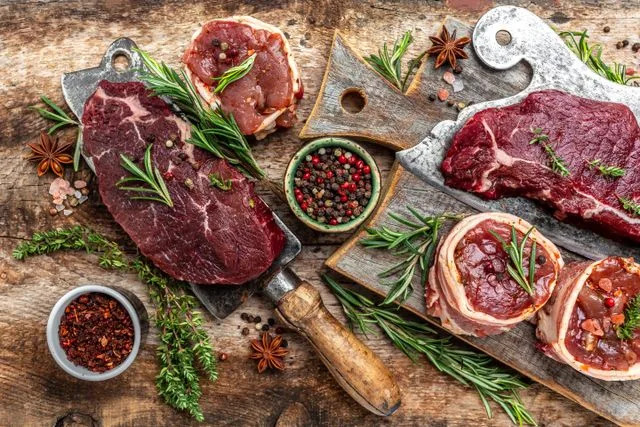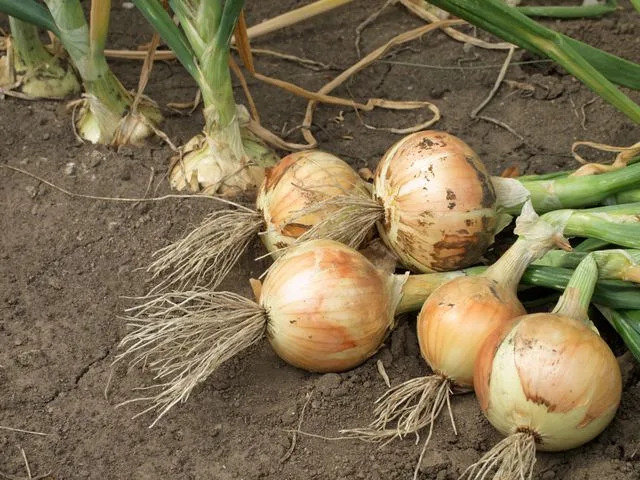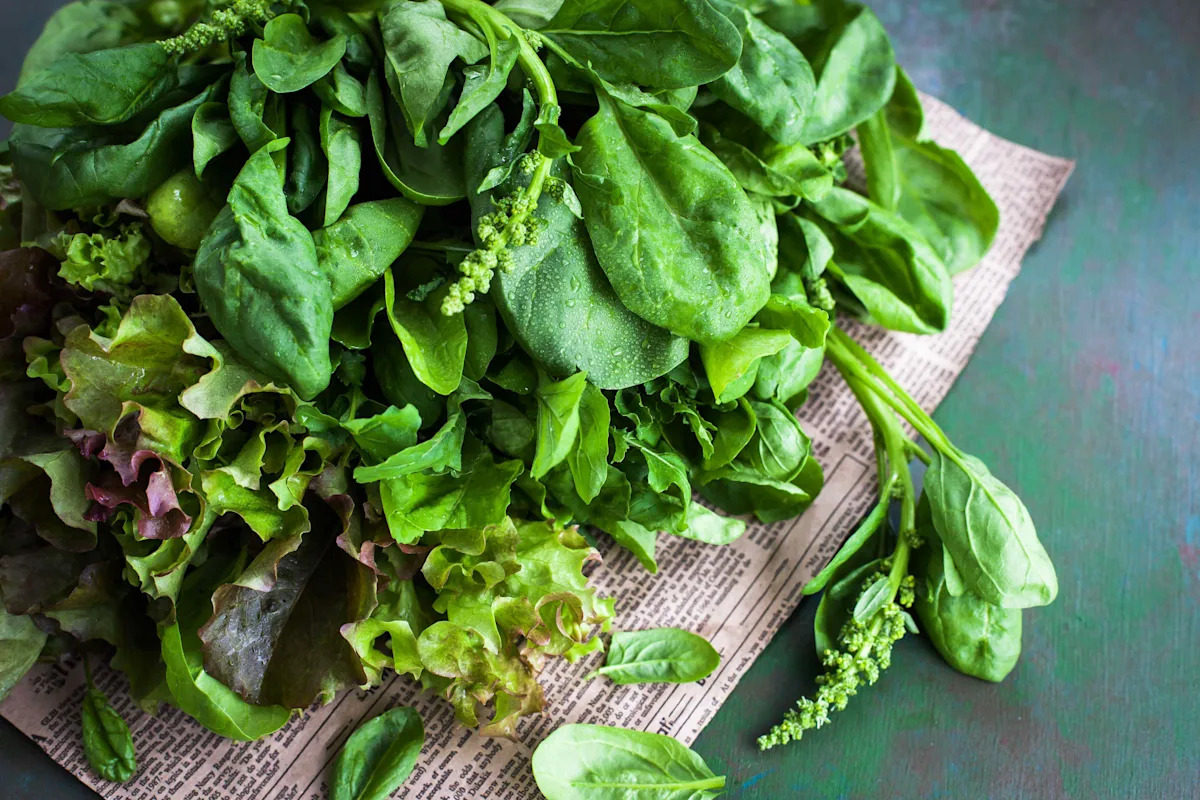Key Takeaways
Several common foods—including raw eggs, deli meats, leafy greens, and flour—currently pose higher risks for foodborne illness due to frequent contamination and recalls.
Many of these foods are typically eaten raw or minimally cooked, making proper handling, storage, and awareness of recall alerts especially important.
Staying informed through brand emails, FDA alerts, and safe sourcing practices (like shopping local or growing your own) can help reduce your exposure to risky food products.
Food recalls have been a scary reality in recent years, as announcements about potential life-threatening contaminants in our standard groceries put Americans supermarket shoppers on edge.
Though food recalls are not exponentially on the rise (and some of that may be thanks to 2025 budget cuts defunding the FDA), the prominence of popular foods like Boar’s Head meats and organic carrots being recalled has captured America’s attention.
While there’s no surefire way to know if a food at the store may be recalled in the near future, knowing some safety signs to look out for can help you stay safe and illness-free.
“It can be difficult to know if a food is potentially dangerous because it will often look and smell normal,” says Marisa Landetta, RDN. “If a package is broken, or if food is still raw after being cooked, and of course if it doesn’t look or smell normal, then it could be dangerous.”
Key Points
Diane Han, MPH, RD, a weight management dietitian based in San Francisco, CA, and the founder of Woking Balance Wellness
Marisa Landetta, RDN, a registered dietitian based in Utah, and former Clinical Dietitian at Primary Children’s Hospital
Here are a few foods to use extra caution with when you shop, according to the most recent food safety data:
Unpasteurized Eggs and Dairy
“Unpasteurized foods, such as raw eggs and dairy products, including [raw] milk, carry a higher risk of contamination with Listeria monocytogenes, a pathogenic bacterium found in soil and water,” says Diane Han, MPH, RD, a weight management dietitian based in San Francisco, CA, and the founder of Woking Balance Wellness. “Consuming these contaminated foods can cause symptoms like diarrhea, fever, nausea, and vomiting, and may even result in hospitalization or death in vulnerable populations such as the elderly, pregnant women, and immunocompromised individuals.”
Related: The 10 Foods Most Linked to Recalls and Disease Outbreaks
Poultry, Pork and Uncooked Meat
Koval Nadiya/Getty Images
“The foods that are the highest risk of causing illness are foods that are raw,” says Landetta. “Foods that are raw, meaning they are not cooked or heated, have the highest risk of causing illness because if they are contaminated with any harmful bacteria, a lot of the times cooking or heating the food will kill the bacteria and won’t pose much of a threat.” In 2023, millions of pounds of meat were recalled due to potential contamination.
Deli Meat and Processed Meat
Vladimir Mironov / Getty Images
If you think cooked meat is less risky than raw meat, well, that’s unfortunately not the case. Processed meat products are some of the most commonly recalled foods by the FDA thanks to “foreign matter” seeping into production lines and all of the standard potential contaminants with meat. “Without proper storage, handling, and preparation, pathogens like E. coli and Salmonella can contaminate foods such as deli meats,” says Han. Even if your deli meat hasn’t been recalled, leaving it out at a picnic can be dangerous too. Products like canned beef stew, ham croquettes, and frozen pulled pork have all been recalled as of July 2025.
Leafy Greens
Ekaterina Smirnova/Getty Images
Eating your greens is generally recommended, but do so with a bit of excess caution. Leafy greens, like lettuce, are some of the most often recalled foods. And because they’re typically eaten raw, it’s important to pay attention to the recalls. Pre-washed and bagged salads are particularly risky, due to the possible contamination at every level, from dirty irrigation water, contaminants in the soil, E. coli at the processing plant, and bacteria growing in the package during transport. “I like to sign up for food brands’ email lists and follow them on social media so I can be notified in a timely manner about any food recalls or safety issues,” says Han. “Occasionally, if I haven’t heard much from the news, I also visit the FDA website to check for updates. You can also opt in there to receive food recall alerts.”
Related: Are Sprouts Safe to Eat? Here’s How to Avoid Food Poisoning
Cucumbers
Alberto Rojas Garcia / Getty Images
In June 2025, a salmonella outbreak was linked to cucumbers. Water-dense vegetables are indeed risky, as they can easily become contaminated if they’re exposed to dirty water. Cucumbers are also sensitive to temperature and typically consumed raw, so eating a contaminated cucumber is particularly dangerous. This also doesn’t just apply to whole cucumbers, cucumbers used in packaged salsas, salads, and sushi have been recalled this year due to a potential salmonella risk. It may be time to start growing your own, or shop at the farmers market.
Flour
Mari Carmen Martinez/Getty Images
Flour is another raw food that can carry E. coli or other toxins. And yes, that’s a great reason to skip raw cookie dough or licking the whisk after making cake batter. Pillsbury, Gold Medal, and King Arthur have all recalled flour in recent years thanks to E. coli and salmonella risks.
Seafood
Getty Images
Seafood is particularly finicky, as it needs to be treated and stored properly as soon as it comes out of the water. Factor in the extra handling and steps for processed products like smoked salmon or fish sticks, and even more potential contaminants come into play. The Journal of Food Protection found that undeclared allergens were the most common reason for seafood recalls, which is helpful to know for those without allergies. Shopping at a local seafood market where the monger knows the province of the fish, when it came in, and any helpful details about quality and flavor, can help with safety concerns.
Onions
Onions may live in your pantry for months, which is what makes a recall particularly scary—do you know where your onions originally came from? E. coli poses a particular risk to onions, which can also appear at restaurants, like McDonald’s. And yes, eating the onions uncooked makes exposure to the bacteria even riskier.
Related: 6 Common Meal Prep Mistakes That Could Be Making You Sick, According to Food Safety Experts
Fruit Products
Courtesy of Getty Images
Like water-dense vegetables, fruits can also be at high risk for contamination. As of 2025, Member’s Mark freeze-dried fruit has been recalled due to listeria risk, Parashore pears in juice were recalled for elevated levels of lead and cadmium, and several more fruit products have been recalled for serious health concerns.
Read the original article on Real Simple

